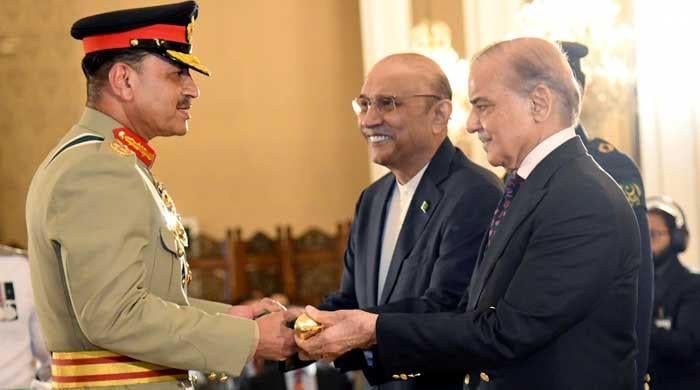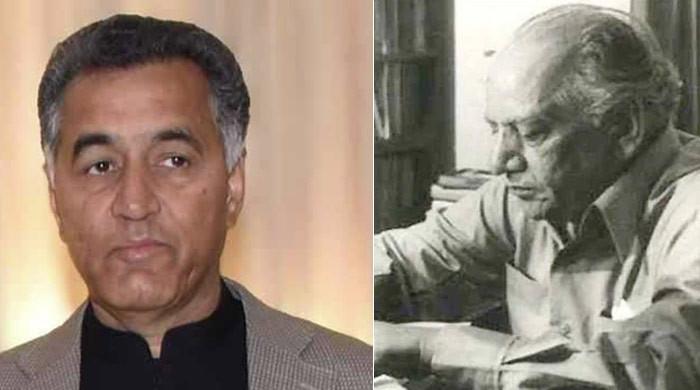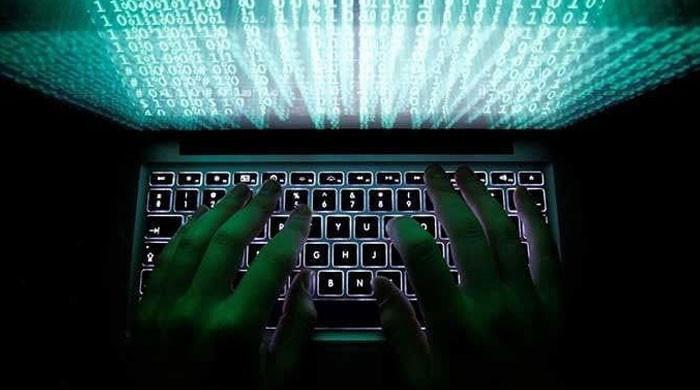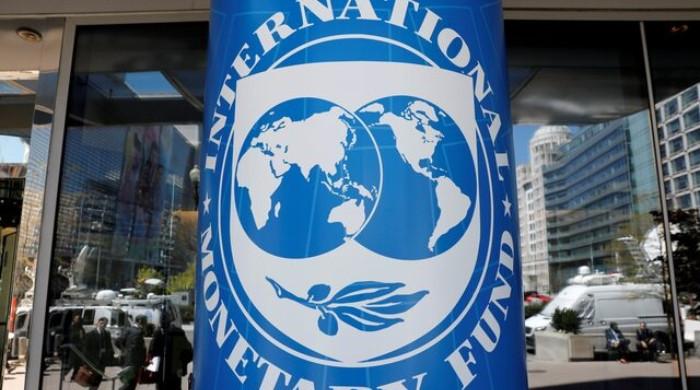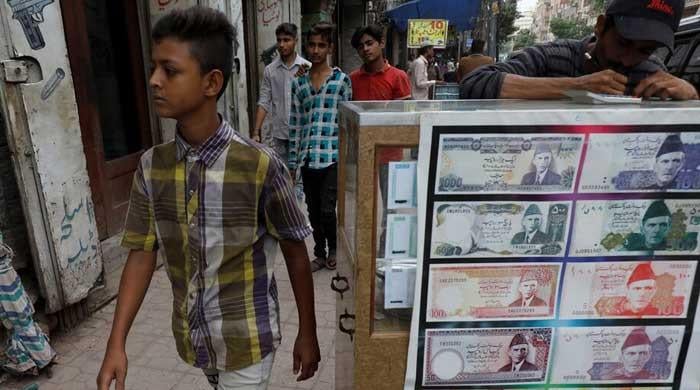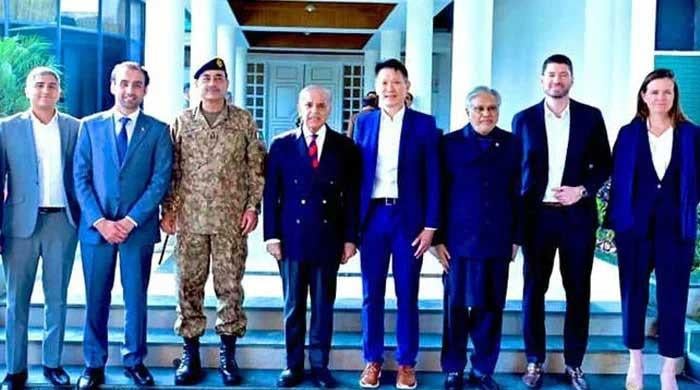The importance of local bodies
It is safe to say that not only are the rulers in this country “selected”, but even political parties "select" and not elect their leaders
December 25, 2021
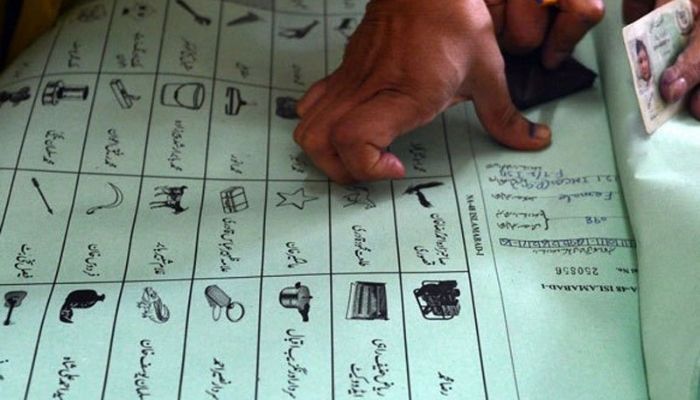
It is a fact that the political elite in Pakistan, by and large, avoid local body elections. And as a result, they have failed to evolve a true democratic system where empowerment runs down to the lower tier.
Instead of delegating power to the grassroot levels, the political elite choose to confine their politics around a few influential individuals or classes. Thus, the biradari, feudal and cast system gets stronger rather than the democratic culture.
Martial law also doesn't have a good track record in this subject. Yes, it is true that dictators have held regular local bodies polls, but only to promote a culture of non-party elections at the local level.
Thus, dictators choose to control politics through the Union Council, while civilian governments control it through well-known and elite families. As a result democracy has not been able to take root and democratic institutions have not been able to become the breeding ground or nurseries for young and new leaders.
Opposition to LB polls
It is then no surprise that the opposition to hold local bodies elections, or to make the local administration stronger, has come from members of the parliament, largely because these MNAs and MPAs wanted their control on the development funds.
Hence, as per tradition, local bodies elections have rarely been held under a civilian set-up. Even the recent local government polls in Khyber Pakhtunkhwa came on the direction of the Supreme Court. Otherwise even the present government of Prime Minister Imran Khan had dissolved the local elected bodies in Punjab much before the expiry of their term.
Interestingly, from among the parties in opposition right now, only the Pakistan Muslim League-Nawaz held local body polls in the past in 1997 and 2016, while none were held under the Pakistan People’s Party government.
It is important to analyse why the civilian governments avoid devolving power and try to block the entry of a new political generation.
It is not just local polls, political parties in Pakistan also skip over the exercise to hold internal polls for leadership, except the Jamaat-e-Islami (JI). But even about JI, it must be said that while they regularly hold intra-party elections they have failed in strengthening basic democratic nurseries like local bodies, student unions and trade unions.
So, it is safe to say that not only are the rulers in this country “selected”, but even political parties "select" and not elect their leaders.
Devolving power and funds
The recent Local Government Bills introduced by both Punjab and Sindh have become controversial. They clearly reflect a biased approach of the two elected governments, who have little interest in handing over financial powers to the lower tier of the government.
At least 60% to 65% of the present political elite have emerged from non-party systems and their political mindset reflects their apolitical approach on how to run the system. Provincial governments want to grab even the limited powers which local bodies have instead of empowering them politically, administratively and financially as the basic nurseries.
This aim to concentrate and centralise power has helped the non-civilian forces to easily control the present so called democratic system and in bringing one “selected” after another. Imagine if power was spread down to the lower tier? In that case, devising “formulas” would not be an easy task.
The history of LB polls
The local administration system in Pakistan was first adopted in 1960 when the Municipal Administrative Act was introduced, and till 2021 all local body polls except two were held under the martial law or military regimes.
Three out of four military dictators adopted different local body systems but followed the same pattern i.e. keep politicians out of politics and bring apolitical people through municipal corporations.
After General Zia ul Haq imposed martial law in 1977, he twice postponed general elections, but instead held three local body polls on non-party basis in 1979, 1983 and in 1987.
After a military coup in 1999 General Pervez Musharraf held a referendum for his rule in 2001 followed by local bodies under a new law introduced by his main man, Lt Gen Tanvir Naqvi. Musharraf’s LB system was progressive and forward looking as for the first time in the history of Pakistan 30% representation was given to women, something unprecedented.
Unlike Ayub and Zia, Musharraf held general elections on party basis, but there was a catch — former prime ministers Nawaz Sharif and the late Benazir Bhutto were kept out of the race in 2002.
The dictators held LB polls on a regular interval for two reasons. One, they want to give some kind of legitimacy to their own unconstitutional rule and secondly to give some political space through a controlled civic system.
Interestingly, the political parties participated in almost all local body elections on non-party basis, under military dictators, but did not hold elections on either party or non-party basis when in power.
For instance, no LB polls were held under former Prime Minister Zulfiqar Ali Bhutto’s government from 1972 to 1977. In 1991, Nawaz Sharif’s government also did not hold these polls as it feared the PPP could win.
But the PML-N as compared to the PPP has a better record, as under the PML-N second government LB polls were held in 2016.
As for the ruling Pakistan Tehreek-e-Insaf (PTI), the first phase of local body elections has been completed in Khyber Pakhtunkhwa and local elections are due in Punjab and Sindh in the next three to five months, if all goes well.
Irrespective of the outcome of the results, people’s participation and the turnout in Khyber Pakhtunkhwa itself was a positive sign. Although, it is unfortunate that in certain areas women still faced difficulties in casting their votes.
In the end, political parties need to improve their track record if they really want to strengthen democratic institutions. So far, they have failed and as a result they are fast losing people’s confidence in them.
Politics is a public service, not a business.
The writer is a columnist and analyst with GEO, The News and Jang. He tweets @MazharAbbasGEO




